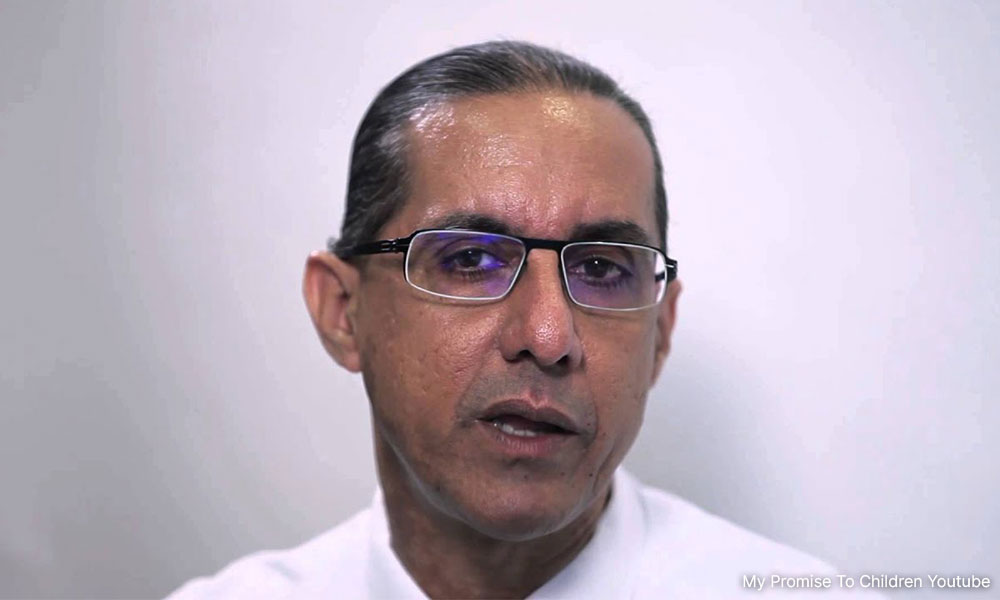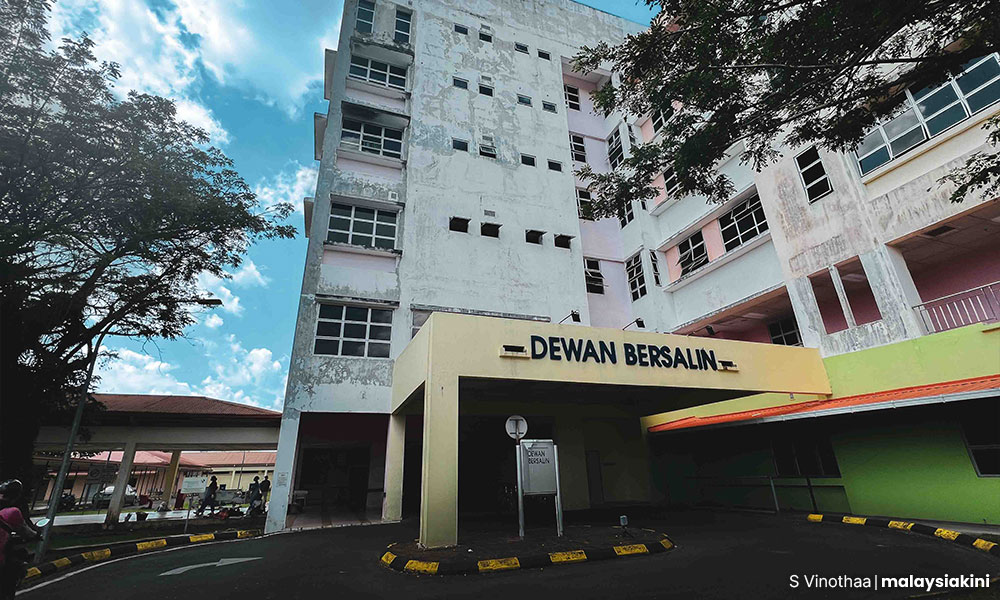A stateless mother, whose baby was adopted out without her consent, should be assisted to conduct a DNA test to prove the child is hers.
Consultant paediatrician Dr Amar Singh said this can easily ascertain her relationship to the child, so she can contest the adoption.
"We should immediately help her prove that the child is hers. A simple DNA test of the mother and the child will ascertain that the child is hers," he said in a statement.
He was commenting on the case of Aimah, a stateless Bajau Laut woman, who lost her newborn to adoption last year.
Aimah, who gave birth prematurely at home, was rushed to Hospital Lahad Datu in September last year on the brink of death.

However, she lost custody two months later because the Welfare Department deemed her neglectful as her child was left in the neonatal intensive care unit and the hospital could not contact her.
In a special report published today, Malaysiakini quoted Aimah as saying the hospital had in fact told her to return home to her six other children after she recovered from the traumatic birth.
The Welfare Department officer, who declined to be named because he was not authorised to speak to the media, told the news portal that because the birth was at home and Aimah did not have any personal identification, she could not prove that the child was hers.
Rushed legal process
The adoption process was conducted legally through the local Magistrate's Court but was concluded within a week, raising questions about the unusually swift process of adoption and whether due process was conducted.
Aimah is one of the multiple cases recorded by Malaysiakini where stateless women have lost or been threatened they will lose custody of their children, treated at Hospital Lahad Datu.

In one case, a hospital investigation found a mother committed murder-suicide with her baby after she was told she could lose custody of her five-month-old baby and who was pressured to settle the large hospital bill for her infant’s treatment.
The stateless community does not have access to subsidised healthcare and must pay upfront for registration, tests, and treatment at public healthcare facilities, often amounting to thousands of ringgit.
Meanwhile, Amar confirmed that many cases of "inhumane treatment of the Bajau Laut and other stateless communities" have been reported by other medical professionals and NGOs working in the area.
He stressed that subjecting stateless mothers to the risk of losing their children can jeopardise their lives.
"Without routine antenatal care and by being forced to give birth at home, we put the mothers at a high risk of maternal mortality; and the babies at risk of neonatal mortality.
"The lack of provision of routine primary healthcare for stateless children, that is routine primary immunisation as well as growth and developmental monitoring, results in a high infant and under-five mortality rate.
"No family should have to pay for basic life-saving immunisation for their child," he said.
'Extend protection to families'
Amar added that the Convention of the Rights of the Child, of which Malaysia is a signatory, and the Child Act 2001 protect every child regardless of immigration status.
He said that legal provisions must be extended to their families, as a way to protect the children.
"The stateless Bajau Laut live as a ‘ghost community’ in our nation. Despised and abused, not just by the authorities, but also by other communities.
"It is long overdue that we attempt to regain our humanity as Malaysians and end this institutional abuse of the stateless people in our nation.
"Otherwise, we will pay the price of our inhumanity to our own children and their children," he said.
The Bajau Laut are sea nomads living on the open waters and their ancestral maritime domain stretches across the Sulu-Celebes seas between the island of Borneo and the Philippines.
They have been moving between sea villages in Sulu in the Philippines, Semporna in East Sabah, and South Sulawesi in Indonesia, for generations.
Despite being recognised by the Sabah government as indigenous people of the state, most of the Bajau Laut community are stateless by law, and are often hounded by the Immigration Department for being “illegal immigrants”. - Mkini




No comments:
Post a Comment
Note: Only a member of this blog may post a comment.